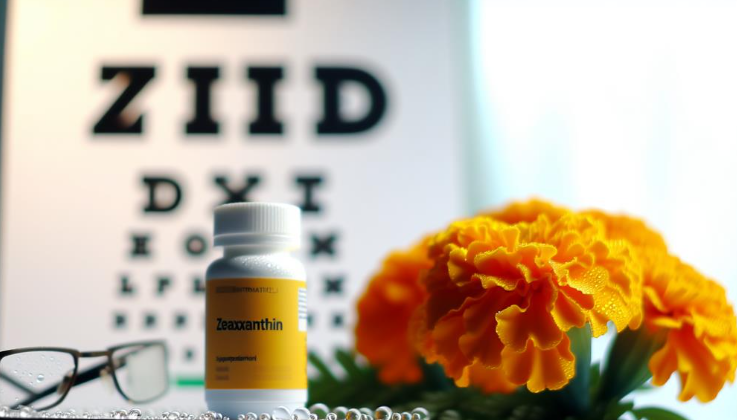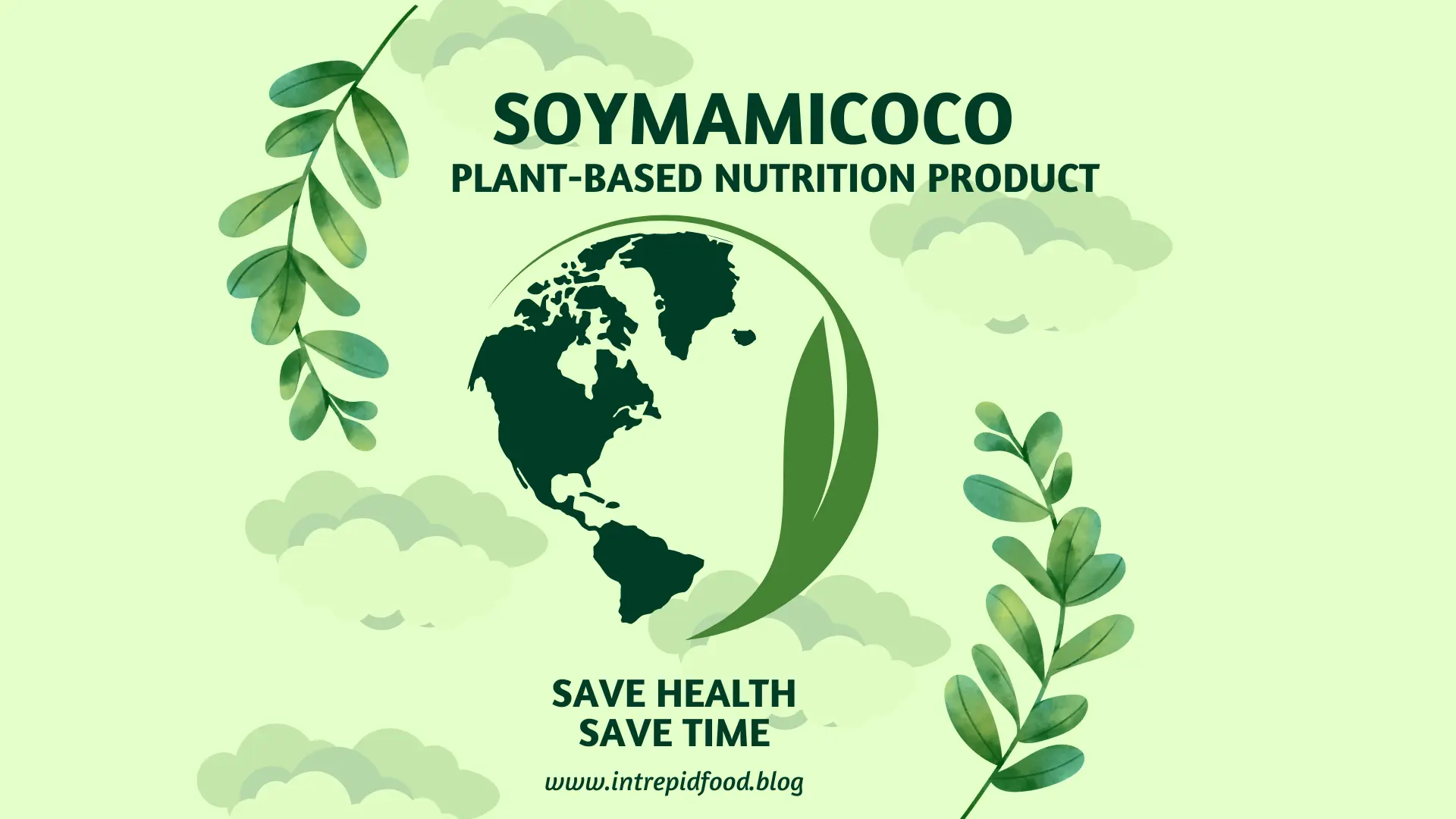When it comes to dietary supplements, choosing between ODM (Original Design Manufacturer) and OEM (Original Equipment Manufacturer) options can navigate a maze of possibilities. Understanding the distinction between these two manufacturing processes is key to unlocking potential benefits for your brand. Let’s delve into the world of ODM and oem dietary supplements to help you make an informed decision that aligns with your business goals!
Understanding ODM and OEM
ODM (Unique Plan Producer) and OEM (Unique Gear Maker) are two distinct assembly techniques when it comes to nutritional upgrades. ODM entails purchasing an earlier recipe from a producer who subsequently provides the improvements on your behalf. This can shorten the time to exhibit and improve the creation engagement.
However, OEM enables you to create a personalized recipe that is produced by a third-party vendor. You now have more control over how your improvements are fixed and labeled. ODM and OEM both have advantages and downsides, so it’s critical to comprehend these differences before deciding which direction to take your nutritional supplement company.
The Benefits of ODM Dietary Supplements
ODM (Original Design Manufacturer) dietary supplements offer several key advantages that make them an attractive option for brands entering or expanding in the supplement market:
1. Convenience
- Existing Formulations and Packaging: Pre-developed formulations and packaging options allow for quick and easy customization, aligning with brand identity and market needs without starting from scratch.
2. Cost-Efficiency
- Lower Minimum Order Quantities: Beneficial for smaller brands or startups, enabling product testing without substantial upfront investment.
- Reduced R&D Costs: Brands save on research and development since the formulations are already developed.
3. Speed to Market
- Faster Turnaround Times: Streamlined processes and pre-developed formulas enable quicker product delivery and faster market launches, allowing brands to respond promptly to trends and demands.
4. Flexibility
- Testing New Products: Lower minimum order quantities allow for market experimentation and adjustments without the risk of large unsold inventories.
- Customization: Existing formulations can be customized regarding branding, packaging, and slight formula modifications to meet specific market needs.
5. Access to Expertise and Variety
- Diverse Product Options: Brands have access to a wide range of pre-formulated products, including various supplement types, delivery methods, and ingredient combinations.
- Manufacturing Expertise: ODM manufacturers bring extensive experience and expertise, ensuring high-quality products without requiring in-depth technical knowledge from the brand.
6. Risk Mitigation
- Market Testing: The ability to order smaller quantities and quickly launch products allows brands to test market viability before committing to large-scale production, reducing financial risk.
- Quality Assurance: Established ODM manufacturers implement robust quality control measures, ensuring products meet industry standards and regulatory requirements.
7. Scalability
- Easier Scaling: As demand grows, ODM suppliers can scale production smoothly, thanks to existing manufacturing processes and supply chains.
ODM dietary supplements offer brands convenience, cost-efficiency, flexibility, quicker time-to-market, and access to a variety of product options. These benefits make ODM supplements an attractive choice for efficiently expanding product lines and responding to market trends without the heavy investment and longer timelines associated with developing products from scratch.
The Benefits of OEM Dietary Supplements
1. Customization
- Unique Formulas: Brands can create tailored formulations to meet specific customer needs, enabling market differentiation.
- Brand Identity: Customized packaging and branding reinforce brand identity and appeal to target audiences.
2. Faster Time-to-Market
- Quick Launch: OEM supplements can be launched quickly, allowing brands to swiftly respond to trends and consumer demands.
- Market Trends: Rapid production enables brands to capitalize on emerging trends.
3. Cost-Efficiency
- Reduced R&D Costs: Leveraging existing formulations and facilities reduces research and development costs.
- Economies of Scale: OEM manufacturers’ economies of scale lead to lower production costs and competitive pricing.
4. Access to Expertise and Resources
- Specialized Knowledge: Brands gain access to manufacturers’ specialized expertise and resources.
- Innovative Ideas: Collaboration can lead to innovative products and improved quality control.
5. High-Quality Standards
- Stringent Quality Control: OEM producers follow stringent safety and quality requirements.
- Consistent Quality: Rigorous testing ensures reliable and effective products.
6. Risk Mitigation
- Regulatory Compliance: OEM manufacturers ensure products meet local and international regulations.
- Supply Chain Management: Established practices reduce the risk of delays and ingredient shortages.
7. Focus on Core Competencies
- Marketing and Distribution: Brands can concentrate on marketing and distribution while leaving manufacturing complexities to the experts.
- Brand Growth: With manufacturing handled, brands can invest in market presence and customer base growth.
8. Flexibility and Scalability
- Production Flexibility: OEM manufacturers can scale production based on demand, allowing brands to manage inventory effectively.
- Product Line Expansion: Quick development and launch capabilities enable efficient product line expansion.
OEM dietary supplements offer customization, faster time-to-market, cost-efficiency, access to expertise, high-quality standards, risk mitigation, focus on core competencies and flexibility. These benefits help brands differentiate, respond swiftly to market demands, and maintain high standards of quality and safety.
How to Choose Between ODM and OEM
When choosing between ODM and OEM dietary supplements for your brand, consider your specific needs and goals:
1. Degree of Customization
- OEM: Choose OEM if you require a high level of customization and prefer a hands-on approach to product development. This option allows you to create unique formulas tailored to your brand’s specifications.
- ODM: Opt for ODM if you want a ready-made solution that can be quickly brought to market. This approach uses pre-existing formulas from the manufacturer.
2. Control and Flexibility
- OEM: With OEM, you have more control over every aspect of the product, including ingredients, quality, and branding. However, you also take on full responsibility for quality assurance.
- ODM: ODM offers convenience and speed, though it may limit your customization options. The manufacturer controls the formula and production process.
3. Costs and Timelines
- OEM: Be prepared for higher initial investments and longer lead times due to the extensive customization involved. This can result in a product that perfectly matches your brand’s vision.
- ODM: ODM typically provides cost-effective solutions with quicker turnaround times, making it easier and faster to get products to market.
Make your decision based on what aligns best with your brand’s vision and objectives. OEM is the way to go if you prioritize uniqueness and detailed control. If you need efficiency and speed, ODM will be more suitable.
Also Read: Salmon and Rice Dog Food Nutritious Choice for Your Furry Friend
Comparison of ODM vs. OEM Dietary Supplements
Understanding the key differences between ODM (Original Design Manufacturer) and OEM (Original Equipment Manufacturer) dietary supplements is essential when choosing the best approach for your brand:
1. Product Development
- ODM Supplements: These are pre-formulated products that the brand owner can label and customize to some extent. The formulation and production process are already established.
- OEM Supplements: These involve creating a product from scratch according to the brand owner’s specifications. This allows for complete customization of the formula and product design.
2. Flexibility
- ODM Supplements: Offer a quicker route to market since the products are already formulated and ready for branding.
- OEM Supplements: Provide more control over the ingredients and allow for greater customization, though they may take longer to develop and bring to market.
3. Cost
- ODM Supplements: Generally more cost-effective due to existing designs and established production processes.
- OEM Supplements: May involve higher initial costs due to the extensive customization and development required.
4. Quality Assurance
- ODM Supplements: Quality control may be less rigorous since the brand owner has limited involvement in the production process.
- OEM Supplements: Offer a higher level of quality assurance as brands have full oversight of the production process and can ensure strict adherence to their standards.
Choosing between ODM and OEM dietary supplements depends on your specific needs as a brand owner. Consider your priorities in terms of time-to-market, customization, cost, and quality control to make the best decision for your brand.
Conclusion: Determining Which Manufacturer is Best for Your Brand
Determining which manufacturer is best for your brand ultimately depends on your specific needs and preferences. If you value the convenience of a ready-made product with minimal involvement in the development process, ODM dietary supplements may be the ideal choice. Conversely, if you prioritize customization and need more control over the formulation and branding of your products, OEM dietary supplements could be the better option.
Consider factors such as cost, time to market, quality control measures, and potential risks when making your decision. Whichever route you choose, thoroughly research and vet potential manufacturers to ensure they align with your brand values and goals. Remember, selecting the right manufacturer is crucial to the success of your dietary supplement business.
By carefully weighing the benefits and risks of ODM versus OEM supplements, you can make an informed decision that sets your brand up for long-term growth and sustainability.
Also Read: Pollaste A Variety Or Collection In Taste









